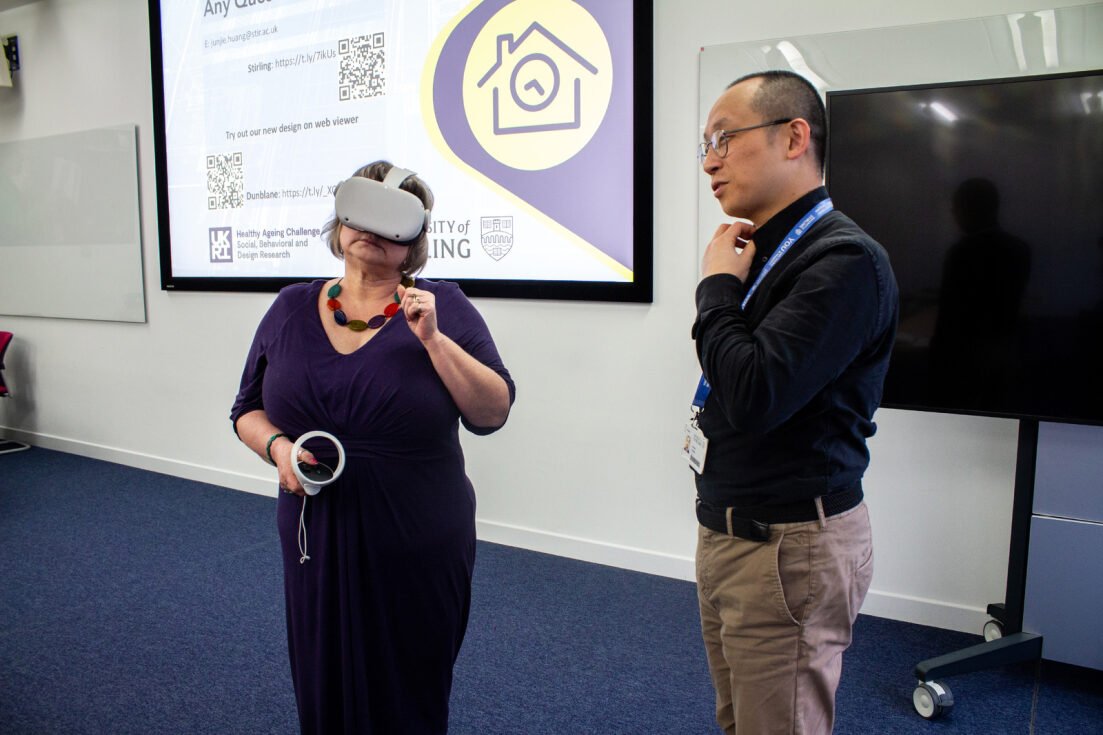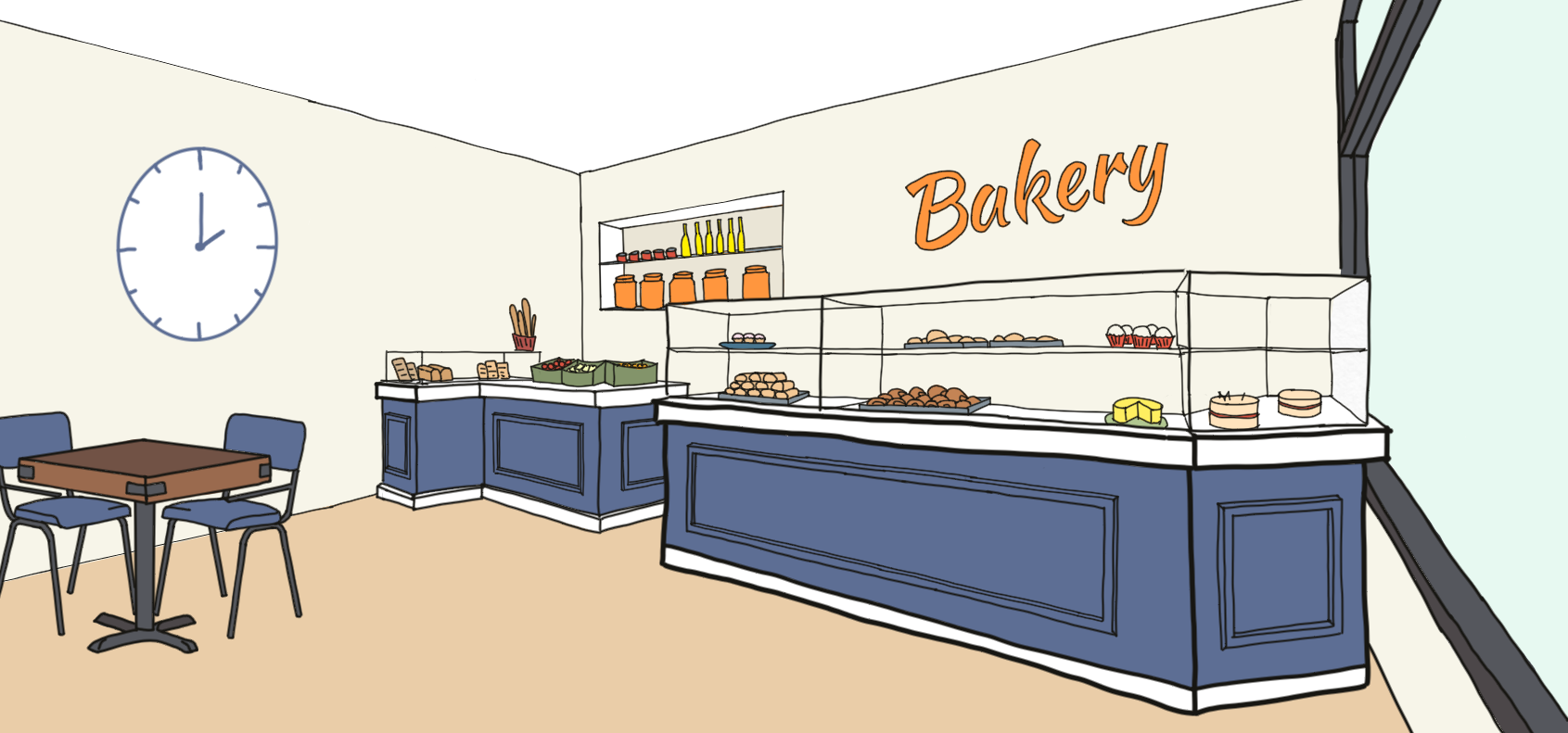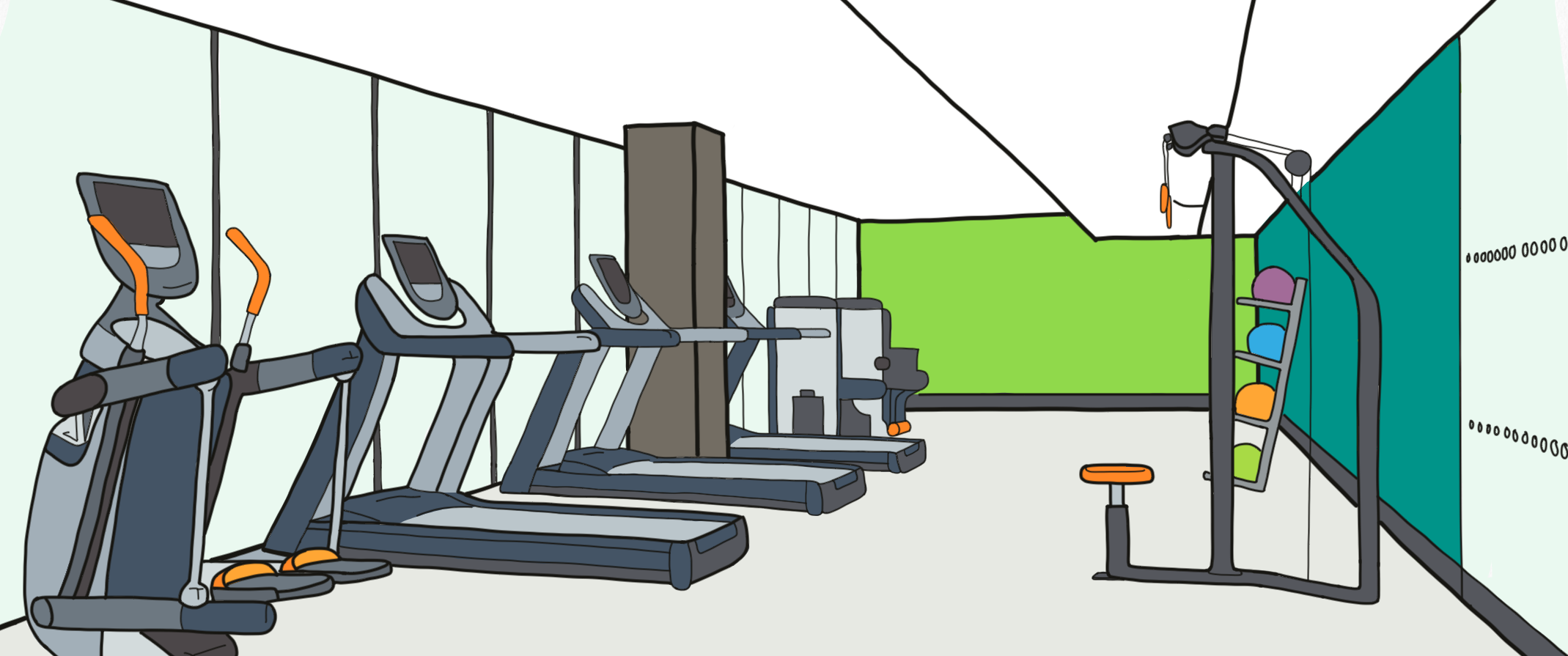News Search
Welcome to our News Search. You have arrived here because you have searched a category, tag, year, or month. Below you can find the results of your search. Alternatively, you can return to the News Page using the button.
Filter by:
Tag
- Additional Support Needs
- Art
- Australia
- Best Practice
- Best Practice in Dementia Care
- CEDAR
- Care
- Carers
- Carers Hub
- Changes in Presentation
- Community
- Consultancy
- Delirium
- Design
- EADDAT
- Events
- Housing
- International
- Japan
- LGBTQ+
- Life Story
- Meaningful Engagement
- News
- Policy
- Product Accreditation
- Research
- Scotland
- Signage and Wayfinding
- Sweden
- Technology
- Training
- University of Stirling
- Young Onset Dementia
Month
- November 2024
- October 2024
- July 2024
- May 2024
- April 2024
- March 2024
- January 2024
- November 2023
- July 2023
- June 2023
- May 2023
- April 2023
- February 2023
- January 2023
- September 2022
- August 2022
- July 2022
- June 2022
- May 2022
- April 2022
- February 2022
- November 2021
- October 2021
- September 2021
- October 2020
- September 2020
- July 2019
- June 2019
- April 2019
- March 2019
- February 2019

Bowbrook Dementia Specialist Residential Care Home Achieves DSDC Gold Award for Dementia-Friendly Design
We are all stakeholders in ageing – especially as people live longer. In a remarkable step towards a more dementia-friendly society, Bowbrook Residential Care Home has achieved the DSDC Gold Award.
Here are five reasons why Bowbrook is at the forefront of dementia-friendly design:

DSDC Chief Architect receives Churchill Fellowship to travel to Fukuoka, Japan
In 2019, DSDC Chief Architect Lesley Palmer received a Churchill Fellowship with the purpose to study, record, and catalogue the built environment and healthy ageing projects in Fukuoka, Japan.
Lesley’s Fellowship spotlights the importance of international collaboration when working with ageing and dementia. Through her travels, we are shown a new perspective on dementia friendly design and reminded why different cultures may need different solutions.

Scottish Borders Council works with University of Stirling on dementia-friendly care village
Members from Scottish Borders Council have visited University of Stirling dementia design experts to explore options for the region’s new Tweedbank care village.

Dementia design and the use of trompe l’oeil
Trompe l’oeil (pronounced tromp-LOY) is an artistic technique not often seen in use nowadays except bizarrely in care homes, which are the least appropriate environment to use this technique.

How to self-certify with EADDAT Tier 2
Using DSDC’s Environments for Ageing and Dementia Design Assessment Tool (EADDAT) Tier 2 to self-certify is a great way to understand how your space is supporting an ageing population and people living with dementia. Tier 2 of EADDAT is the intermediate level, so it’s more in depth than Tier 1, but you don’t need any training prior to use, and it is suitable for any environment.

How to self-certify with EADDAT Tier 1
Using DSDC’s Environments for Ageing and Dementia Design Assessment Tool (EADDAT) Tier 1 to self-certify is a great way to understand how your space is supporting an ageing population and people living with dementia. Tier 1 of EADDAT is the entry level, so it’s an easily accessible place to start and suitable for any environment.

Dementia-friendly Pub Call
DSD are looking for pubs everywhere to become more dementia-friendly and have launched a new tool to support this.

EADDAT awards for Mitsukaido Sakura Hospital, Japan
Congratulations to Mitsukaido Sakura Hospital for receiving two awards through DSDC’s formal audit accrediation - Environments for Ageing and Dementia Design Assessment Tool (EADDAT).

20th Anniversary of the Online MSc in Dementia Studies - Save the date
The MSc in Dementia Studies is celebrating 20 years of online delivery. This internationally renowned programme has been developing leaders in dementia care from across disciplines and from around the world for the past two decades and the teaching team and our alumni have much to share and to celebrate.

Trauma informed practice in dementia care
Trauma-informed practice in dementia care is a way of caring for individuals living with dementia that takes into account the possibility that they may have experienced traumatic events in their lives.

What is meaningful activity?
In care we hear the term “meaningful activity” mentioned a lot, but what is it? Even more importantly, how do we make an activity meaningful to each individual?

Gold for Norba Court
Congratulations to Norba Court, London, who have received a Gold Audit Accreditation from DSDC.

Power of Attorney (Scotland)
A Power of Attorney (PAO) is a written legal document giving someone else the authority to act and make decisions on their behalf should they become unable to do so for themselves. All decisions made under POA must be of most benefit to the person.

The Future of Design
Research tells us that age-friendly environments can help foster healthy and active ageing, by building and maintaining cognitive capacities across the course of our lives.

Environments for Ageing and Dementia Design Assessment Tool (EADDAT) Launches
The Environments for Ageing and Dementia Design Assessment Tool (EADDAT) has now launched!

Life Story - part 2
Life story work is not a new concept: it has been used for children and people with learning disabilities in the care sector for many years. However, it has also been recognised as a useful tool to promote person-centred care for people with dementia.

Life Story - part 1
Life story work is not a new concept: it has been used for children and people with learning disabilities in the care sector for many years. However, it has also been recognised as a useful tool to promote person-centred care for people with dementia.

Behaviour and communication
Speaking or verbal communication makes up only a small part of how people communicate; our words only account for approximately 7% of communication.

Living well at home: Housing and dementia in Scotland
The National Housing and Dementia Forum launched their final report on 18.8.22

Changing the culture of care
The Best Practice programme remains popular because it is accessible, understandable and sustainable in the workplace.

